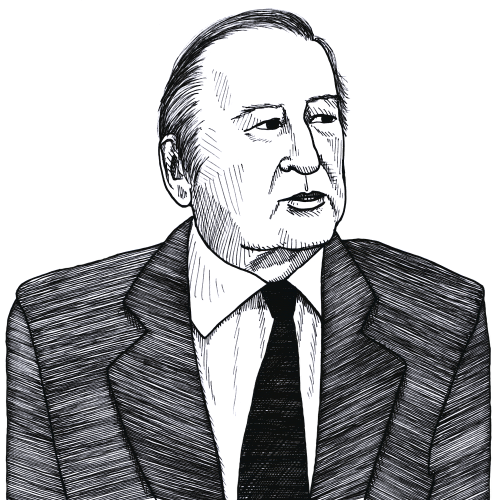Liberty Matters
Ideal Voluntariness

I am not sure whether I fully understand what Mike Munger is driving at. Listening to his interview on Econtalk [https://www.econtalk.org/archives/2011/06/munger_on_excha.html],[31] one can learn in a most entertaining way that there is an ideal type of voluntariness in deal-making – euvoluntary exchange. If the conditions of euvoluntariness are fulfilled, this makes it exceedingly difficult to object to an inter-individual agreement for the reason that it was not “really voluntary." Restricting myself to the bare essentials of the most simple case of bilateral negotiation and exchange, the diagnosis that it is euvoluntary applies to an exchange if, in case that the agreement fails, both negotiators are reduced only to marginally less good alternatives as compared to agreeing and the disparity between the default opportunity sets is not too large.
The concept of euvoluntariness is indeed very helpful to understand what drives common-sense criticisms of markets. But it does not rest well with standard economic views, as Mike Munger would be the first to acknowledge. An economist relying on standard revealed-preference concepts would say that relative to the default, a person who has at least one option other than the default and chooses that option thereby reveals himself to be better off than with the alternative (excluding indifference for the sake of simplicity here). Obviously one can use the concept “better off” that way. But one should note that it then only means “what is chosen in an action." This is not a substantive conception of being better-off. There is no choice-independent criterion for being better off by the alternative than that the alternative is being chosen from a choice set.[32]
Now, if a person is frequently confronted with the choice “I will beat you up unless you perform certain sexual services," then the person who avoids the beating is still acting voluntarily. He or she reveals a preference for rendering the services as compared to being beaten up. The choices are voluntary given the set of alternatives, and the person must be deemed better off in terms of the definition. The choice is not euvoluntary but it is voluntary.
It is an interesting question whether some legitimation for an emerging state of affairs can be derived from the voluntariness involved. The voluntary acts alluded to in the sexual-services case are acts of acquiescence. Acts of acquiescence, neither in Jasay’s scheme of things nor any other plausible one, do not legitimize or ratify. In particular, acquiescence cannot as such render something just. If we assume that there is no a priori standard of justice independent of what evolved in society, then to have meaning justice must be defined by the rules and practices that as a matter of fact emerged -- whatever they are. There are no a priori standards of justice to criticize society. At the same time, starting from Jasay’s premises, individuals will be more strongly motivated not to acquiesce the less “euvoluntary” the society is. And the likelihood that “voluntary acquiescence” will be forthcoming matters a lot.
Endnotes
[31.] "Munger on Exchange, Exploitation and Euvoluntary Transactions", Econtalk, June 20, 2011. <https://www.econtalk.org/archives/2011/06/munger_on_excha.html>.
[32.] In this spirit Buchanan suggested that there is no other criterion for diagnosing a Pareto improvement than the unanimous agreement of all concerned. And, of course, along the same lines, “modern” utility is not among the reasons for action.
Copyright and Fair Use Statement
“Liberty Matters” is the copyright of Liberty Fund, Inc. This material is put on line to further the educational goals of Liberty Fund, Inc. These essays and responses may be quoted and otherwise used under “fair use” provisions for educational and academic purposes. To reprint these essays in course booklets requires the prior permission of Liberty Fund, Inc. Please contact oll@libertyfund.org if you have any questions.